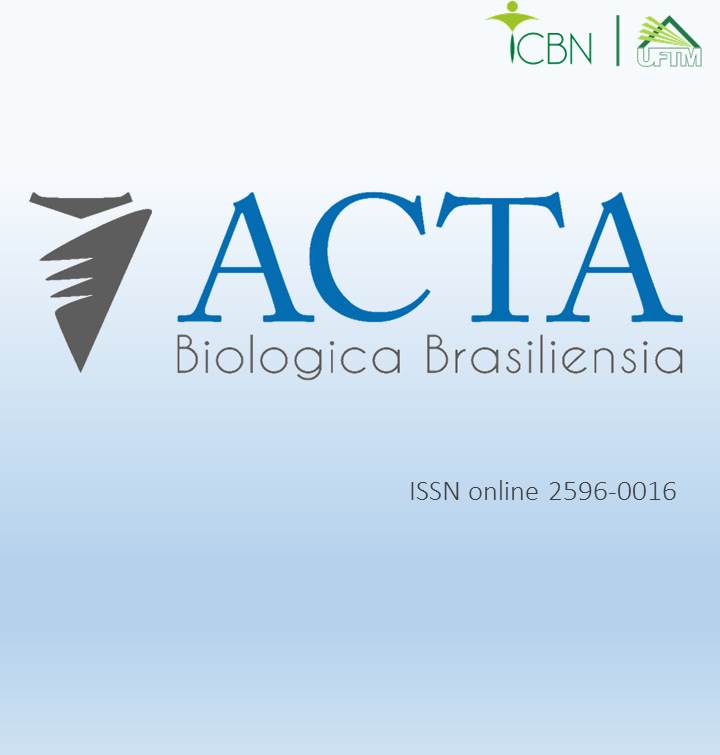CULTIVATION OF SEEDLINGS OF Solanum melongena L. FOR THEIR USE AS A BIOASSAY
DOI:
https://doi.org/10.18554/acbiobras.v6i2.7257Palavras-chave:
Eggplant, growth parameters, phytotoxicity, plant bioassays, substrate, ecotoxicologyResumo
The generation of waste and contaminants in the environment demands environmental monitoring through biotechnological tools. When employing plant bioassays, variables such as substrate type need to be standardized to ensure control over the results. In response to this necessity, this study aims to analyze the influence of different substrate compositions and field capacities on the development of pre-established Solanum melongena L., with the goal of assessing the use of this species as a bioassay for ecotoxicological assays. The evaluated substrates consisted of a mixture of sand and vermiculite compared to the commercial substrate Mococa. Irrigation conditions varied according to field capacity. After 14 days of acclimatization in controlled conditions, morphological and mass variables were assessed, including leaf area, stem base width, root and aboveground length, as well as fresh and dry mass of the root and aboveground parts. Results indicate significant interactions between substrate type and field capacity with vermiculite, favoring the development of stem base width and leaf area. In light of the obtained results, S. melongena shows potential as a test organism for evaluating phytotoxicity in various samples; however, the choice of substrate proves fundamental for plant quality.
Downloads
Publicado
Edição
Seção
Licença
O(s) autor(es) mantém(êm) os direitos sobre o material publicado. Todavia, a publicação implica automaticamente, a cessão dos direitos autorais, sem pagamento por parte do periódico. O (s) autor (es) transfere (m) seus direitos patrimoniais (o direito de publicar, reproduzir, distribuir) para a revista. O (s) autor (es) não recebe (m) remuneração financeira da Revista Acta Biologica Brasiliensia para publicar, sendo a contrapartida a divulgação de seu trabalho.







